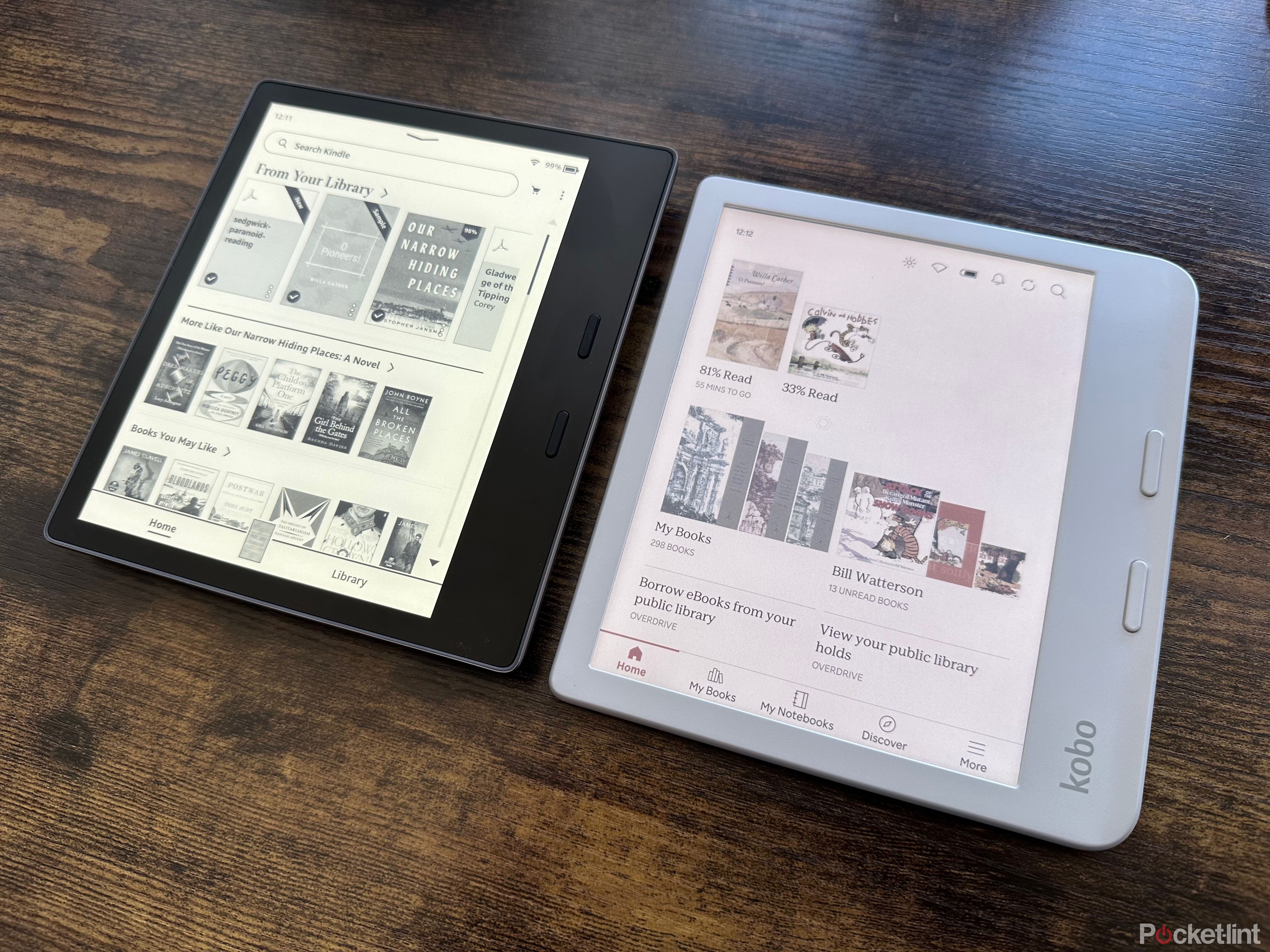
Switching from Kindle to Kobo was the best decision I ever made
- 17.03.2025 18:01
- pocket-lint.com
- Keywords: Switching from Kindle to Kobo, Kobo Libra Colour
Switching from Kindle to Kobo was a great decision due to better library compatibility, note-taking features, and color capabilities. The author highlights freedom from Amazon's restrictive ecosystem as a key reason for choosing Kobo's Libra Colour.